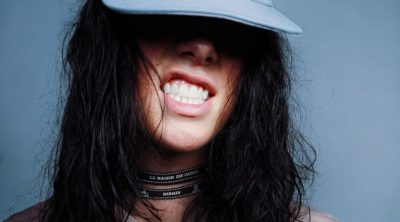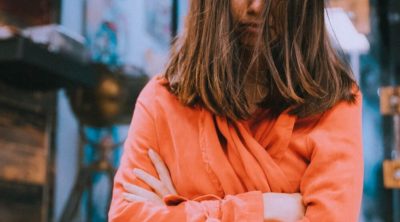
Biotin, which is one of the least known B vitamins, is claimed to be good for hair growth. Here is a brief overview about the use of biotin for hair.
Biotin is one of the B-vitamins, which is also known as vitamin B7 or vitamin H. It has a very important role in various body functions, like cell growth, fatty acid production, fat metabolism, and the metabolic process of some amino acids. Biotin is vital for citric acid cycle, through which energy is produced. In short, it aids various metabolic reactions in the body. Biotin is necessary for the health of hair, skin and nails, and for maintaining blood sugar level.
Biotin Deficiency
Biotin is a water-soluble vitamin, which is found in foods, like tomatoes, carrots, chard, almonds, chicken, eggs, cabbage, strawberries, oats, walnuts, and cow’s milk. Apart from foods, intestinal bacteria too produce biotin. Though rare, biotin deficiency is commonly seen in alcoholics and people with medical conditions, like achlorhydria and epilepsy.
Elderly people and athletes are also prone to develop this condition. Excessive consumption of raw egg whites (at least 20 eggs per day) can also cause biotin deficiency. Raw egg whites contain high amounts of a protein called avidin, which binds with biotin, thus inhibiting its absorption. This protein in eggs is deactivated by cooking. Biotin deficiency can also be caused by genetic reasons and prolonged use of antibiotics.
Biotin deficiency is very rare, as it is required in very small amounts. Most cases of deficiency are linked to problems in extraction and absorption of biotin, rather than an inadequate intake. Deficiency of biotin can cause various symptoms, like dryness of the skin, skin rash, brittle hair and nails, and hair loss.
Hair loss caused by biotin deficiency can become severe, leading to loss of eyebrows and eye lashes too. If not diagnosed and treated during the early stages, biotin deficiency may lead to mood swings, depression, muscle soreness, loss of appetite, and alopecia. It is also said to be a contributory factor for birth defects, like cleft palate. However, skin and hair problems are very common in people with biotin deficiency, and such generalized symptoms may make it difficult to diagnose the condition properly.
Biotin and Hair Growth
As biotin deficiency results in symptoms, like skin problems and hair loss, it is recommended that intake of this vitamin may prove useful for hair growth and skin care. Consequently, a wide range of skin and hair care products containing biotin, were introduced in the market. However, the efficacy of biotin in such products is doubtful, as it cannot be absorbed through the skin. However, biotin supplements may prove beneficial for those with deficiency of this vitamin.
Hair loss and skin problems can be caused by various reasons, other than biotin deficiency. If biotin deficiency is the underlying cause of hair loss, you can use biotin supplements. Though there is no scientific evidence to prove the efficacy of these supplements, but they are claimed to be effective for hair loss, hair thinning and hair breakage.
Dosage
If you are diagnosed with biotin deficiency, your doctor will decide the dosage. Biotin dosage is decided on the basis of various factors, like health condition, age, sex, height, and weight. In general, 30 to 100 mcg (daily) is recommended for teenagers and adults, 10 to 20 mcg for very small kids (up to three years), 20 to 25 mcg for older kids (4 to 6 years), 30 mcg for kids in the age group of 7 to 10 years, and 35 mcg for nursing mothers. However, individual demands of biotin may vary.
Disclaimer: This article is for informational purposes only and should not be used as a replacement for expert medical advice.


